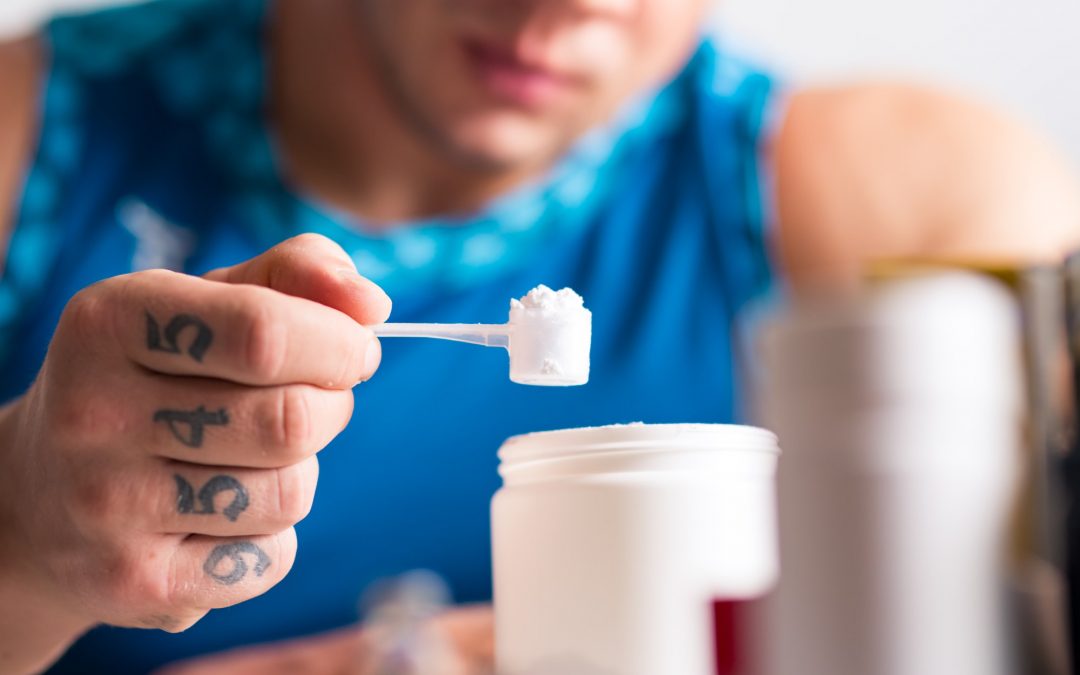There are various supplements that claim to help runners and athletes, but when it comes to l-arginine for running – does it help at all?
Improving running distance, recovery time, and endurance is important for any athlete – especially runners. Companies have developed various supplements that supposedly help athletes in a variety of ways.
 However, depending on the study you’re reading, you may get contradictory sets of information. For example, a 2013 study suggests there is “no effect of acute L-arginine on O(2) cost or exercise tolerance.”
However, depending on the study you’re reading, you may get contradictory sets of information. For example, a 2013 study suggests there is “no effect of acute L-arginine on O(2) cost or exercise tolerance.”
Conversely, a 2010 study done by (mostly) the same group of researchers shows the opposite.
This latter study, done at Exeter University, claims that “acute l-arginine supplementation reduces the O2 cost of moderate-intensity exercise and enhances high-intensity exercise tolerance.” So what’s the deal? Does l-arginine help runners or not?
L-arginine Supplements Explained
Many athletes drink beet juice, which is a rich source of nitrates that convert into nitric oxide after consumption. Nitric oxide then relaxes blood vessels, improving circulation and oxygen delivery, which results in better overall exercise endurance.
L-arginine supplements work in a similar fashion as beet juice because l-arginine is a precursor to nitric oxide. In other words, after consuming l-arginine, it converts into nitric oxide and improves circulation similarly to beet juice.
Comparing the Studies
In the 2010 study, subjects took 6 grams of l-arginine and saw an improvement in their exercise performance. However, the difference between these studies is that the 2013 study used pure l-arginine instead of a supplement cocktail.
In addition to l-arginine, this “cocktail” contained other nutrients. As the researchers note, this included “AAKG, citrus bioflavanoids, a-lipoic acid, L-glutamine, L-citrulline, acetyl L-carnitine, L-carnitine citrate, L-cysteine and betaine, and the powder was… using beetroot juice, which contains inorganic nitrate.”
In other words, the positive results may be due to the independent effects or cumulative effects of these ingredients. The researchers explain that the results could also be due “to a synergistic interaction between L-arginine and one or more of the other ingredients.”
L-arginine for Running
 Through these studies, we can conclude that l-arginine supplements don’t help when it comes to running or exercise. However, a 2020 review of various l-arginine studies suggests that “acute supplementation [of arginine] ingested between 60–90 min before exercise, led to improve time to exhaustion and power output in cycling endurance test in both trained and untrained subjects.”
Through these studies, we can conclude that l-arginine supplements don’t help when it comes to running or exercise. However, a 2020 review of various l-arginine studies suggests that “acute supplementation [of arginine] ingested between 60–90 min before exercise, led to improve time to exhaustion and power output in cycling endurance test in both trained and untrained subjects.”
If you want to find out if l-arginine can help boost your performance, the best way to do it is to try it and see for yourself. One of the best l-arginine supplements out there is L-arginine Plus, which combines l-arginine with key vitamins and nutrients.
Through this combination, it works to promote your nitric oxide production as well as your overall health. Try L-arginine Plus as part of your daily workout regimen if you’re looking for safe and effective support.

